The number on your driver’s license is just a number. Your real age is happening inside your cells. This is your biological age, and it’s far more important than the date you were born.
While you can’t stop time, you can absolutely change how your body experiences it. Forget what you’ve heard about genes determining your fate. The latest science shows that your lifestyle choices have the most power.
This guide breaks down the science and gives you seven simple, actionable ways to lower your biological age and take control of your healthspan
The Only Health Number That Really Matters
Beyond the Calendar: The Bio-Age Difference
Chronological Age
Biological Age
Studies suggest that for every 5 years your biological age is higher than your calendar age, your all-cause mortality risk can increase significantly.
What Influences Your Biological Age?
Speeds Up Aging
- Chronic Stress
- Poor Nutrition
- Lack of Sleep
- Smoking & Toxin Exposure
- Sedentary Lifestyle
Helps Slow Aging
- Balanced Diet
- Regular Exercise
- Quality Sleep
- Stress Management
- Strong Social Connections
“Epigenetic clocks… predict lifespan and healthspan. They are a universal biomarker of aging that can be measured in all mammals.”— Dr. Steve Horvath, Pioneer of Epigenetic Clocks
Why should you care about your biological age? Because it’s much better at predicting your future health than the date on your birth certificate. Your birthday gives a rough idea of your health risks, but your biological age gives you a clear picture of what’s really going on inside your body.
Lots of research confirms this. Study after study shows that biological age is a better predictor of sickness and death than chronological age. For example, a 2023 study looked at very sick patients in a hospital.
It found that their biological age was much better at predicting who would survive than their actual age. Another big study showed that biological age was better at predicting death from heart problems and other causes in patients after they had a medical procedure.
The gap between your biological age and your real age is now a key sign of your health risk. If you are biologically older than your years, you have a higher risk for almost every major illness, like heart disease, cancer, diabetes, and dementia.
This is possible because the tools we use to measure biological age have gotten so good. The first epigenetic clocks were good at guessing your birthday. But the newer clocks, like GrimAge, are different.
They were created using data on health and lifespan. So they don’t just tell you how old you are; they tell you how fast you are aging and what your risk of dying is right now. This makes biological age the most important number for your health. It can warn you about diseases long before you ever feel a symptom.
The 7-Step Plan to Reverse Your Age
Knowing the science is the first step. Taking action is the second. The next seven steps are a complete, proven plan for slowing down, stopping, and even reversing your biological age. These are real strategies based on the latest science that you can start using today.
1. How to Eat for a Younger Body

What you eat, and when you eat, is one of the best tools you have to lower your biological age. The goal is simple: cause less damage to your cells and help your body clean up and repair itself.
A lot of modern foods cause inflammation, which is a key driver of aging. Processed foods, sugar, and bad fats create stress in your body. The fix is to eat whole foods that are full of antioxidants. These are compounds that fight the damage.
Fill your plate with colorful vegetables and fruits, especially berries and dark leafy greens. Healthy fats are also important. Get them from olive oil, avocados, nuts, and seeds.
Oily fish like salmon and sardines are full of omega-3 fatty acids, which are great at fighting inflammation and protecting your cells. Eating this way has been shown to support younger DNA patterns, which helps turn back your epigenetic clock.
Your body has a recycling program called autophagy, which means “self-eating.” It’s how your cells get rid of old, damaged parts and turn them into new ones. This cleanup process is key to preventing the junk that makes you age.
One of the best ways to turn on autophagy is with intermittent fasting. By giving your body a break from food, you tell it to switch from storing energy to repairing itself.
How to Do It
A simple way to start is the 16:8 method. You eat all your food in an 8-hour window and fast for the other 16 hours (this includes when you’re sleeping). For example, you could eat only between noon and 8 p.m. A 2025 study showed that this style of eating may help turn on the body’s cell-cleaning process, which could help delay age-related diseases.
2. The Right Way to Move Your Body
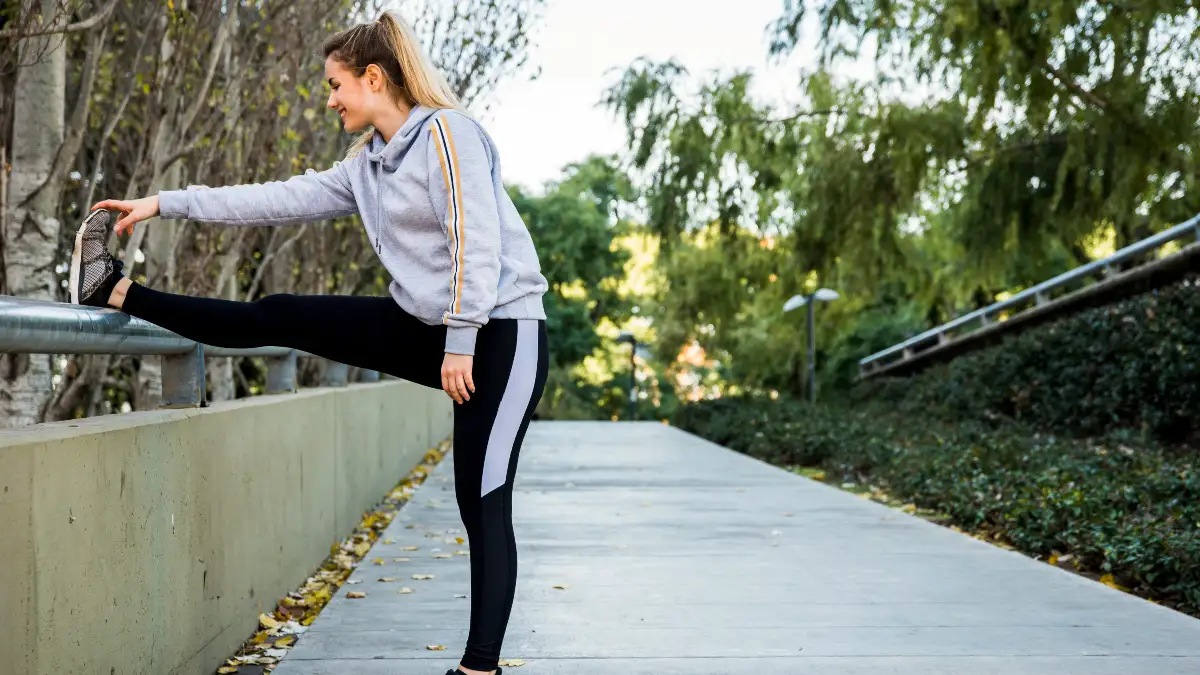
Exercise might be the best anti-aging tool there is. But you need to do different kinds of exercise to get the best results. Each type—high-intensity, strength training, and steady cardio—targets different parts of aging.
Your cell’s power plants, the mitochondria, get weaker as you get older. High-Intensity Interval Training (HIIT) is a great way to fix this. HIIT means short bursts of hard work followed by short rests.
Research from the Mayo Clinic showed that HIIT can boost the power of mitochondria by up to 69% in older adults. This makes your cells’ energy factories act younger.
Try to do 1-2 HIIT workouts a week. You can use a bike, treadmill, or rower. After warming up, go as hard as you can for 30 seconds, then recover slowly for 90 seconds. Repeat this 8-10 times.
After you turn 30, you can lose 3-8% of your muscle every ten years. This is a big problem for your metabolism. Muscle helps your body manage blood sugar. Lifting weights is the only way to stop and reverse this muscle loss. It also helps keep your bones strong and improves your balance.
Aim for 2-3 full-body strength workouts a week. Focus on big movements like squats, deadlifts, and presses. These work many muscles at once and are best for building strength.
3. Why a Good Night’s Sleep Is So Important’
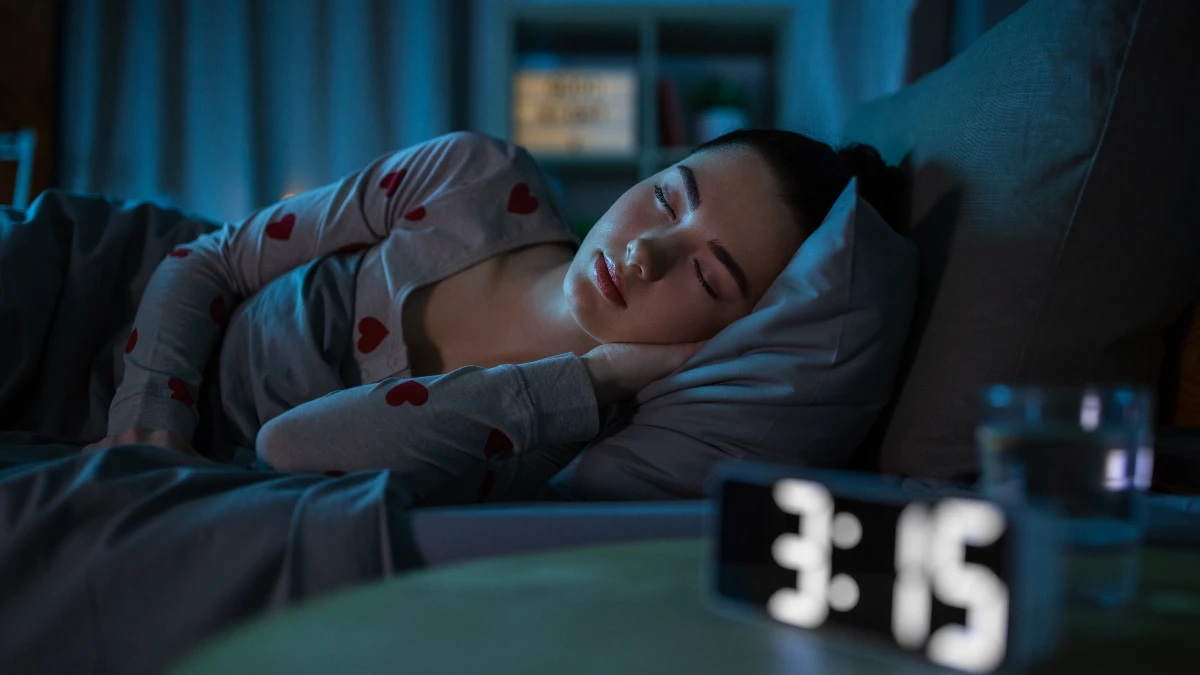
Sleep is not wasted time. It’s when your body does its most important repair and cleaning work. Bad sleep speeds up your biological age. If you want to get younger, you have to get your sleep right.
When you’re in a deep sleep, your brain turns on its waste-removal system. While you’re awake, your brain makes toxic waste, including the beta-amyloid proteins linked to Alzheimer’s. During deep sleep, fluid washes through your brain and clears this junk away. If you don’t get enough sleep, it’s like letting trash pile up in your brain.
Deep sleep is also when your body resets its hormones. It releases human growth hormone, which helps repair your body and build muscle. Good sleep also helps lower the stress hormone cortisol. When you have bad sleep, your repair systems don’t work well and your stress levels stay high, which makes you age faster.
Getting better sleep is about more than just being in bed longer. You need a smart plan.
Be Consistent
Your body loves a routine. Go to bed and wake up at the same time every day, even on weekends. This helps set your body’s internal clock.
Make Your Room a Cave
Your bedroom should be cool, dark, and quiet. The best temperature for sleep is around 65-68°F (18-20°C). Use blackout curtains and cover any lights.
Power Down for 90 Minutes
The blue light from screens on phones, TVs, and computers stops your body from making melatonin, the hormone that tells you it’s time to sleep. Stop using all screens at least 90 minutes before bed.
Get Morning Sunlight
To sleep well at night, you need a strong signal in the morning. Get 10-20 minutes of natural sunlight soon after you wake up. This locks in your body’s clock, making you feel awake during the day and sleepy at night.
4. How to Manage Stress to Slow Aging

The link between your mind and body is real. Constant stress is a powerful force that speeds up aging. It causes real damage to your body at a molecular level. Any good plan to live longer must include ways to manage stress.
When you’re stressed, your body releases a hormone called cortisol. A little bit of cortisol is good for you. It helps you focus and gives you energy. But the low-grade stress of modern life means many people have high cortisol all the time.
This is very bad for your body. It causes inflammation, weakens your immune system, and damages your DNA. It has even been shown to shorten your telomeres, which directly speeds up your aging clock.
Mindfulness meditation is a proven way to train your mind to react less to stress. It’s like a workout for your brain that calms your “fight-or-flight” response. The effects on your body are real. Studies show that mindfulness can lower your stress and cortisol levels.
This has big benefits. Research has linked it to lower inflammation and even protecting your telomeres from stress-related damage.
Practice Mindfulness Every Day
You don’t need to meditate for hours. Just 10-20 minutes a day can make a big difference. There are many apps that can guide you.
Use Tech to Help
Heart Rate Variability (HRV) is a measure of how resilient your nervous system is. There are devices and apps that can help you train your body to relax and handle stress better.
Spend Time in Nature
Just being in nature has been proven to lower cortisol, reduce blood pressure, and calm your nervous system.
5. Why Your Friendships Keep You Young

This might be the most ignored step, but it’s one of the most important. Having good friends and family is not a luxury; it’s a biological need. The quality of your relationships has a direct effect on how fast you age.
The best proof comes from the Harvard Study of Adult Development, which has followed people for 85 years. The clearest finding is that strong, warm relationships are the single best predictor of a long, healthy, and happy life. They matter more than your cholesterol levels or how much money you have.
We now know how this works. New research shows that people with strong social networks have younger biological ages, as measured by the best epigenetic clocks. People with good friends are literally aging more slowly inside.
The main reason seems to be that good relationships help you deal with stress. They act as a buffer, lowering the cortisol that makes you age faster. This also reduces the inflammation that causes so many age-related diseases.
The result is better health. One huge study found that people with strong social ties were 50% more likely to live longer than people who were lonely.
This means that things we think of as fun—like calling a friend or having dinner with family—are actually essential for your health. Being lonely should be seen as a major health risk, just like smoking or not exercising.
6. Smart Supplements for 2025
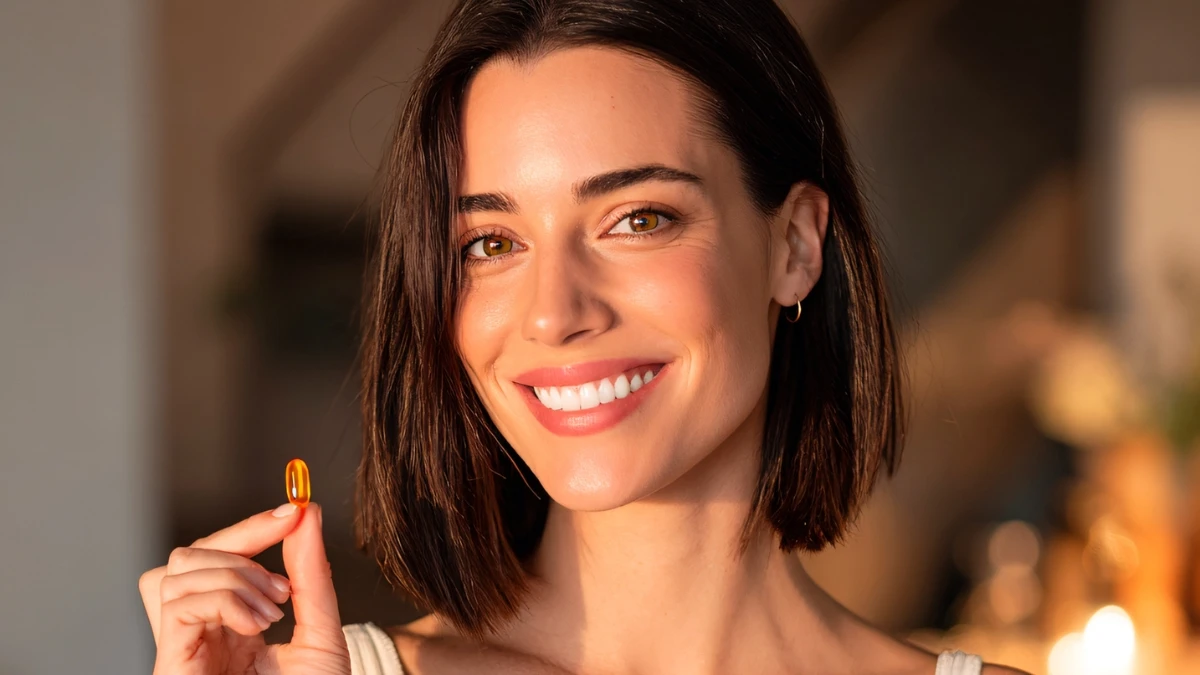
The supplement world is full of hype. A smart approach looks at the real science. No pill can replace a healthy lifestyle, but some compounds show promise in helping your cells. This is what the science says in 2025.
NAD+ is a molecule in every cell that is key for energy and DNA repair. Your NAD+ levels drop a lot as you get older. Research has focused on its precursors, NMN and NR, which your body can use to make more NAD+.
The Evidence:
A 2025 human study was a big step forward. Researchers gave NR to patients with a rare disease that causes fast aging. The results were good: NR boosted NAD+ levels and improved heart health, skin healing, and kidney function. This is exciting, but it was for a specific group of sick people.
The evidence for healthy people is still growing. Some studies show benefits for sleep and athletic performance, but others found no change in things like blood sugar or cholesterol. The science is promising, but we need more big studies.
Vitamin D is important for your bones and immune system, but new research suggests it might also help your chromosomes. A 2025 study found a link between vitamin D and telomere length.
The results suggested that taking vitamin D might slow down how fast your telomeres shorten. The researchers said this could possibly lower a person’s biological age by up to three years. But they also said this is early research and more studies are needed.
The benefits of omega-3s for fighting inflammation are well known. These healthy fats, found in fish oil and some nuts and seeds, help calm the low-grade inflammation that comes with aging.
This supports a healthier environment for your cells. They are also good for your brain and may help with age-related memory problems.
Remember, supplements are just that—supplements. They can’t make up for a bad diet or not exercising. The other pillars in this guide have a much bigger and more proven effect on your biological age.
7. Track Your Progress by Measuring Your Age
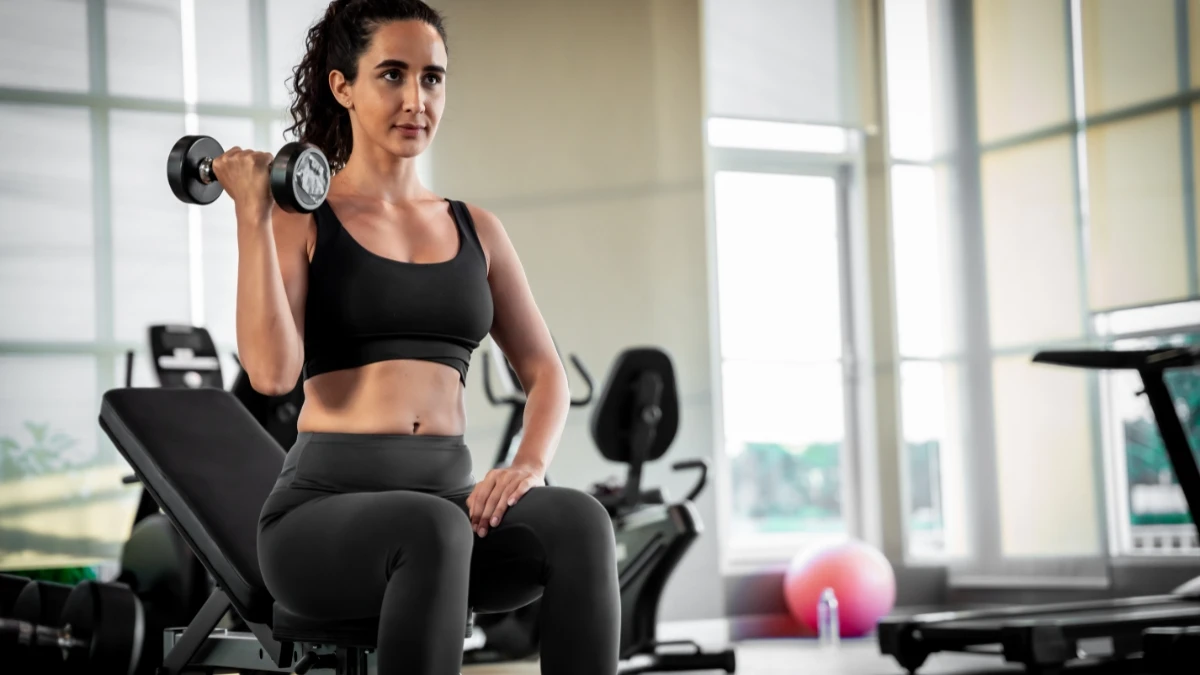
The idea of biological age is no longer just for scientists. You can now buy at-home test kits. This turns an abstract idea into a real number you can track. The real power of these tests is not in your first score, but in seeing how that score changes as you improve your lifestyle.
Epigenetic Clocks (The Best Option)
These tests are seen as the most accurate. You send in a small blood or saliva sample, and they look at your DNA methylation patterns to find your cellular age.
Biomarker Panels
These tests look at standard blood work—like cholesterol, inflammation markers, and blood sugar—and use a formula to guess your age. They are not as direct as epigenetic tests but can still give you good information about your health.
Other Tests
Some tests look at other things like telomere length. But most scientists agree that the newer epigenetic clocks are the best way to measure your overall health and risk of death.
It’s important to have the right expectations. No test is perfect. Don’t get obsessed with your first number. Instead, use it to get a baseline. Then, after you’ve been following the steps in this guide for 6 to 12 months, test again to see how much you’ve improved.
This turns the test from something to worry about into a tool that shows you your hard work is paying off at a deep, cellular level.
Your Plan to Get Younger
The science is clear: getting older does not have to mean getting weaker. The number of candles on your cake is just a number. The health of your body is something you can change. Your biological age is the number that really matters, and it’s the number that responds to your choices.
The seven steps in this guide—Smart Nutrition, the Right Movement, Good Sleep, Stress Management, Social Connection, Smart Supplements, and Tracking Your Progress—are your complete plan for taking control of your body’s clock.
They work together to fight the main causes of aging. They rebuild your cell’s power plants, protect your DNA, clear out zombie cells, and fix your genetic software.
By using these strategies, you can go from being a passenger of time to the person in charge of your own health. You don’t have to do everything at once. Start with one or two things from the plan below. Stick with them for 90 days. The power to build a longer, healthier future is in your hands.


